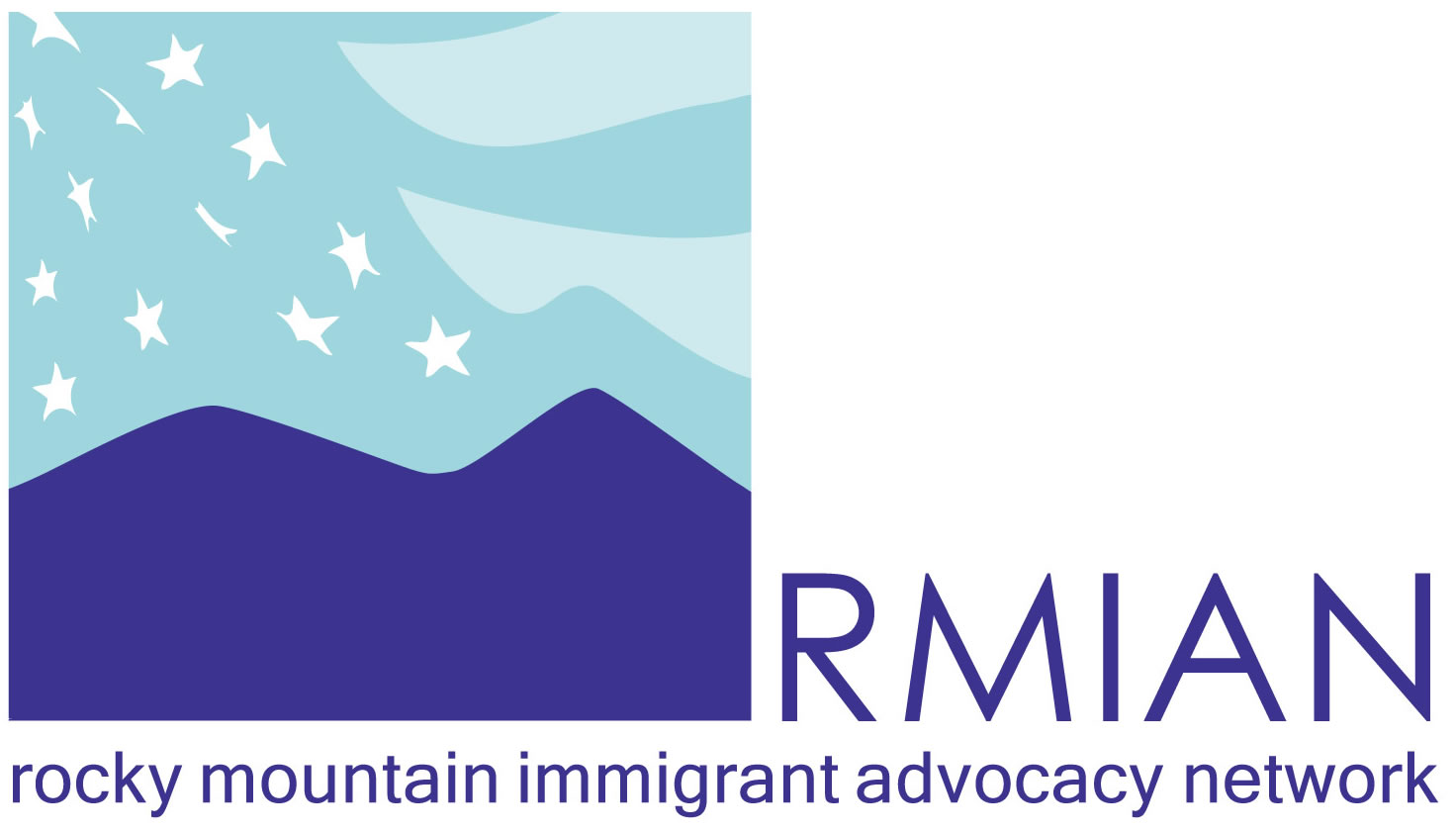May is Asian American and Pacific Islander Heritage Month
May is Asian American and Pacific Islander Heritage Month.
RMIAN elevates the contributions of Asian and Pacific Islander immigrants and Asian Americans and also recognizes the numerous countries, cultures, languages, and immigration histories ascribed a monochromatic racial identification. To tie over 50 countries and territories and over 2000 languages under the umbrella of “Asian American” simplifies their unique histories and challenges. These unified variations enrich and create an emboldened appreciation where such divergent paths can find common ground.
Despite a long history in the United States, AAPIs remain “foreign.” Present-day, Asian Americans continue to be targeted in numerous crimes, with a 339% nationwide increase in the last year.
The narrative of Asian Americans as the perpetual American outsider is well documented in our immigration history. The 1875 Page Act barred Asian women who were assumed to be prostitutes and Asian male contract laborers. The Exclusion Act of 1882 barred Chinese laborers with narrow exceptions that further discouraged the immigration of Asian women. Later the Expatriation Act stripped U.S. citizenship from U.S.-born women who married immigrant men. While the Cable Act attempted to restore the U.S. citizenship of immigrant-wedded women, women who married Asian men (who were ineligible for U.S. citizenship) became de facto stateless. Multiple U.S. Supreme Court cases followed, distinguishing East Asians and South Asians from white, and refusing Asian and Asian Americans citizenship and fundamental rights (i.e., Ozawa v. U.S. in 1922, U.S. v. Thind in 1923).
Hate and fear-mongering have fueled harmful policies for decades, including McCarthyism xenophobia targeting Chinese and Chinese Americans; the World War II concentration of Japanese and Japanese Americans; the 1982 brutal murder of Vincent Chin, a Chinese American; the fear-based targeting of Sikh and Arab Americans following the 9/11 terrorist attacks; the racist characterization of COVID-19; the 2021 Atlanta Spa Shooting; and the attacks that continue against Asian and Asian American community members today.
This history of racism and violence against AAPIs cannot overshadow the courage, contributions, and resilience of the Asian American community. Recently, Colorado’s AAPI leaders, advocates, and community members advocated for an acknowledgment of and apology for Denver’s anti-Chinese riot of 1880. Efforts like these to reconcile a painful past continue to channel further progress and healing. RMIAN supports this meaningful step and acknowledges this powerful act of reclaiming AAPI history.
RMIAN calls upon our supporters to demonstrate allyship with the AAPI community through words, actions, and education. Support AAPI organizations and advocates like the Asian Pacific Development Center, Stop AAPI Hate, Asian Americans Advancing Justice, and the Asian American Advocacy Fund, among many other phenomenal organizations.
This work is ongoing and will not be limited to May. Together we must continue to fight for a world in which diverse communities are embraced and celebrated.

